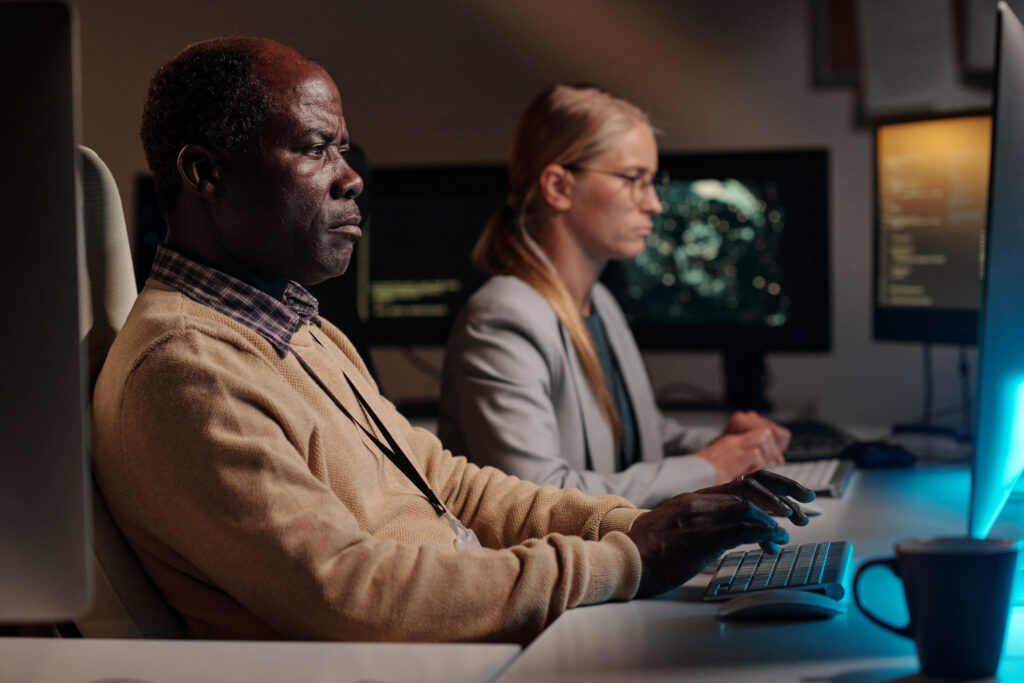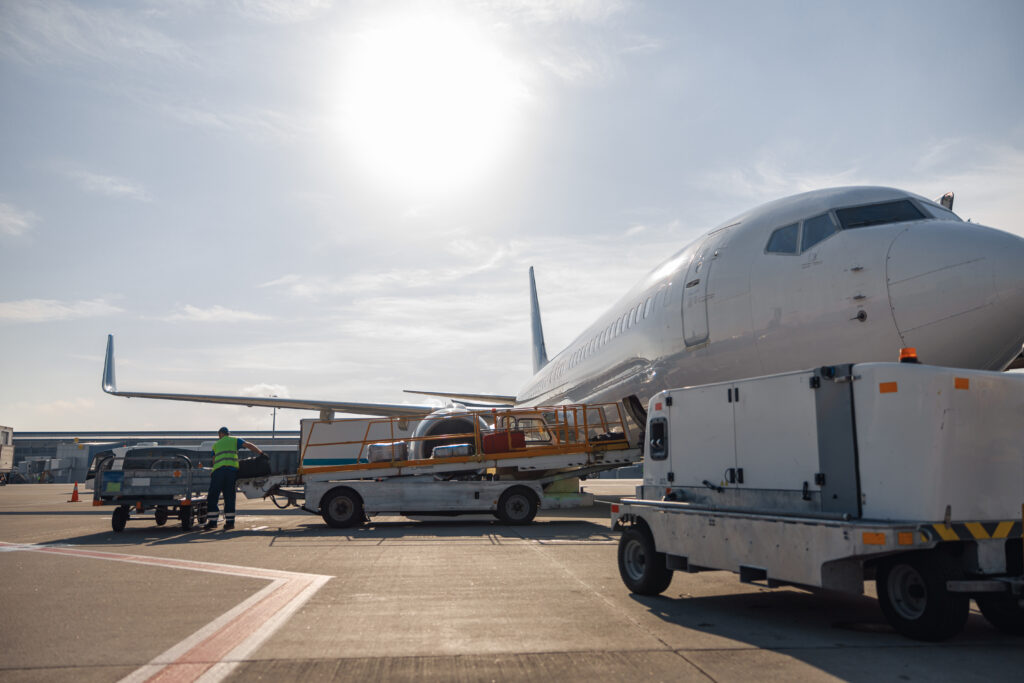Losing a loved one abroad can be devastating for families. Between searching for answers and trying to bring the remains home, the process can quickly become overwhelming. At the same time, the logistics, legal processes, and medical protocols involved make the repatriation of a body especially challenging.
Discover how we managed a repatriation process under difficult circumstances and why trusted support can make all the difference.

When someone passes away abroad, families seek closure by bringing their loved one home. Repatriation of a body is the process of transporting the remains of a deceased person back to their country of origin. This process is necessary when someone passes away while travelling, working overseas, or living abroad. It is important to recognise that transporting a deceased person’s body involves several steps to ensure a safe, respectful return of the body.

Transporting the remains of a deceased person across borders can be challenging. The process requires expertise to navigate legal and administrative requirements efficiently. Without professional support, the process can become overwhelming for grieving families and prone to delays. This is where specialised services ensure that everything is managed smoothly and efficiently.


A broker notified our team about a medical emergency on a yacht in Antigua. Without delay, our emergency response team began monitoring the case closely. Local emergency services evaluated the patient and decided to transport them to the nearest hospital. Despite the local medical team’s efforts, the patient sadly passed away.
While the broker informed the family, we focused on the next step: the repatriation of a body back to the United Kingdom. With a grieving family at home seeking clarity and local authorities to navigate, we knew immediate support was required.

Firstly, we contacted one of our Repatriation of Mortal Remains (RMR) specialists and briefed them on the case. We placed them on standby as we waited for confirmation from the family to transport the remains back home. By doing so, we ensured both protocol and the family’s wishes were respected.
Once we received official confirmation from the family, our team began to navigate local requirements for the repatriation of a body. At this point, one of the most significant challenges of the case occurred. Due to local regulations and protocols, the autopsy process was delayed. During this period, we maintained regular communication with the broker, who kept the family informed. Behind the scenes, we also liaised with local agencies to ensure the repatriation process would move quickly after the autopsy.

Finally, after two long months of waiting, the autopsy was completed and we were able to move forward with the repatriation. With all the documents ready, our specialist service provider transported the remains back to the United Kingdom. This brought closure not only to the family, but also to colleagues and friends of the deceased.
Without a doubt, repatriation is not just about logistics coordination. There is a humane aspect of dealing with families who are in shock and navigating grief. In these cases, we play a vital role in supporting families in managing the logistics of bringing their loved one home. By maintaining open communication, handling legal issues, and acting efficiently, we can help minimise additional distress to the family.

Our team understands local legal requirements and medical protocols. We are equipped to act efficiently to bring the remains of your loved one home with care and professionalism.

We recognise the importance of keeping families informed throughout the process. Our specialised team is available 24/7 to respond to enquiries and manage all aspects of the repatriation process.

We handle every part of the repatriation of a body, so you do not have to. From liaising with local authorities to arranging documentation and coordinating transport, we ensure a seamless service.
Losing someone abroad is difficult enough. We manage the repatriation with care, efficiency, and expertise, so you don’t have to face it alone.
Let’s talk about the support available during life’s most challenging moments.